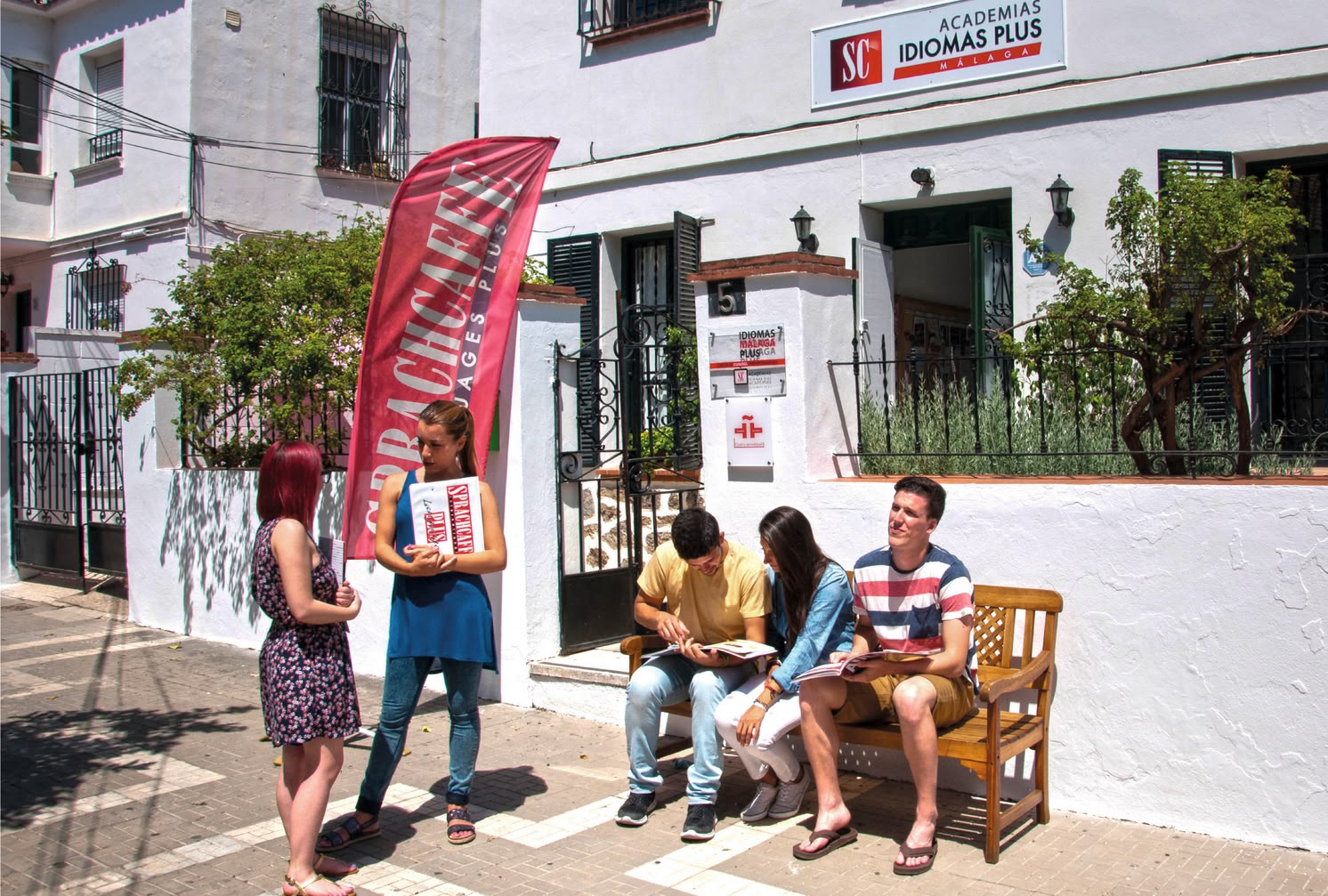
Language travel in Spanish
Take a language trip to Spain or Cuba with Sprachcaffe.
More information »The past simple in Spanish, also known as "Pretérito Perfecto Simple" or "Pretérito Indefinido", is one of the verb tenses used to express actions that occurred at a certain time in the past and that have already been completed. It is a fundamental and widely used verb tense in Spanish, especially in narrative and historical contexts and to relate past events in a timely manner.
The past simple in Spanish is a verb tense that is used to talk about actions or situations that occurred in the past and have already ended. It is the first past tense you learn in Spanish, since it is the easiest to conjugate and one of the most used in everyday speech. It tends to be used more in Latin America than in Spain, but in general all Spanish speakers use it regularly. The past simple is formed differently for regular and irregular verbs.
To form the simple past, you must take the verb stem and add the corresponding ending according to the subject personal pronoun. The endings are different for regular verbs in -ar, -er and -ir. With irregular verbs, it is a little different. Here you have to learn the conjugation of verbs by heart.
Below you will find some examples of regular verbs and some irregular verbs that you can use to learn how to conjugate the past simple in Spanish:
| Yo: -é | Yo hablé |
| Tú: -aste | Tú hablaste |
| Él/Ella/Usted: -ó | Él habló |
| Nosotros/Nosotras: -amos | Nosotros hablamos |
| Vosotros/Vosotras: -asteis | Vosotros hablasteis |
| Ellos/Ellas/Ustedes: -aron | Ustedes hablaron |
| Yo: -í | Yo comí |
| Tú: -iste | Tú comiste |
| Él/Ella/Usted: -ió | Ella comió |
| Nosotros/Nosotras: -imos | Nosotras comimos |
| Vosotros/Vosotras: -isteis | Vosotras comisteis |
| Ellos/Ellas/Ustedes: -ieron | Ellas comieron |
| Yo: -í | Yo viví |
| Tú: -iste | Tü viviste |
| Él/Ella/Usted: -ió | Usted vivió |
| Nosotros/Nosotras: -imos | Nosotros vivimos |
| Vosotros/Vosotras: -isteis | Vosotros vivisteis |
| Ellos/Ellas/Ustedes: -ieron | Ustedes vivieron |
How does a language vacation in Malaga, Madrid, Barcelona or Havana sound? All these dream destinations with a Spanish language package is the perfect combination to enjoy your longed-for vacation.
| Yo: | fui |
| Tú: | fuiste |
| Él/Ella/Usted: | fue |
| Nosotros/Nosotras: | fuimos |
| Vosotros/Vosotras: | fuisteis |
| Ellos/Ellas/Ustedes: | fueron |
| Yo: | tuve |
| Tú: | tuviste |
| Él/Ella/Usted: | tuvo |
| Nosotros/Nosotras: | tuvimos |
| Vosotros/Vosotras: | tuvisteis |
| Ellos/Ellas/Ustedes: | tuvieron |
| Yo: | hice |
| Tú: | hiciste |
| Él/Ella/Usted: | hizo |
| Nosotros/Nosotras: | hicimos |
| Vosotros/Vosotras: | hicisteis |
| Ellos/Ellas/Ustedes: | hicieron |
Remember that the simple past and the imperfect past have different uses and nuances in Spanish, and it is essential to understand when to use each tense to correctly express past actions in different contexts.

Take a language trip to Spain or Cuba with Sprachcaffe.
More information »
Enjoy a summer camp while learning a new language.

Learn Spanish from the comfort of your home with an online course.
More information »